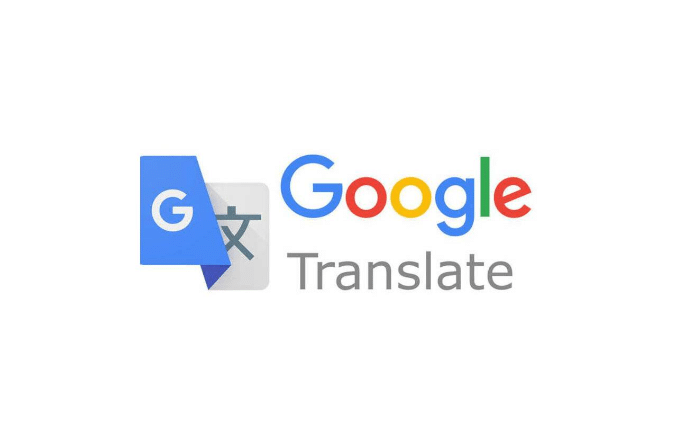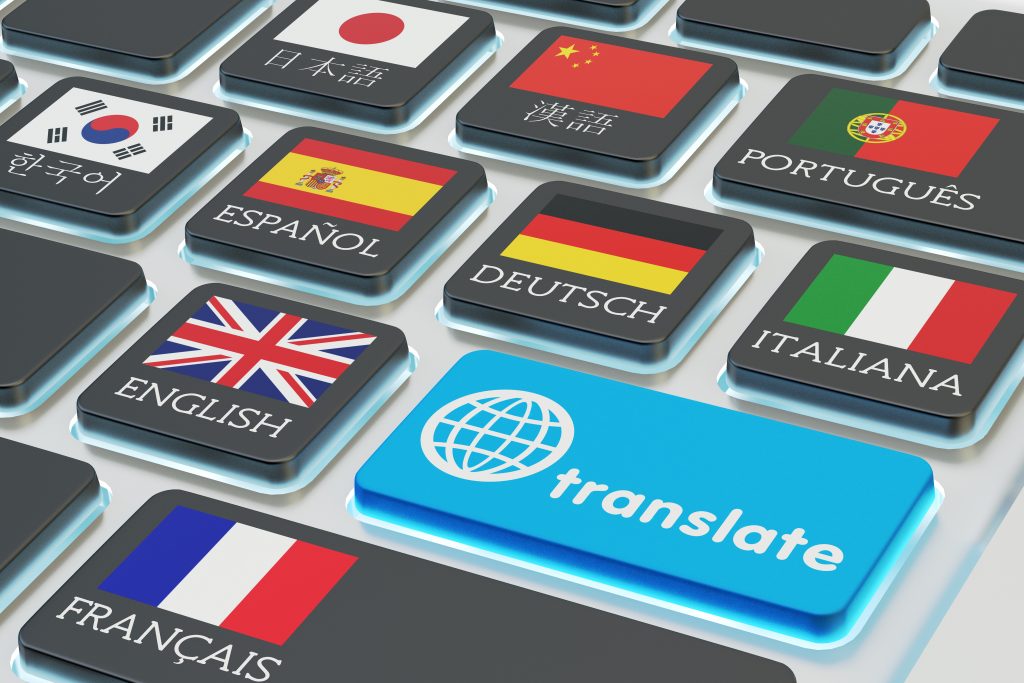It can be, for a quick translation of, e.g. a menu, if you are on holiday abroad and want to find out exactly what you are eating.
But it cannot analyse a text, its context and the subtleties of a language and a machine does not have a sense of humour or understand emotion or cultural values, so cannot always find the perfect words for a particular text.
We have in fact, seen disastrous results for translation. We were recently asked to proofread a contract by a client who had “run” this through Google Translate. The end result was so confusing and ambiguous, that we had to translate the whole document from scratch.
For example, the word “run” has numerous definitions in the English dictionary. It means everything from move quickly (I can run quite fast), to administrate (the election will be run by the Board), to operate (first, run the washing machine without a load), to publish (we should run this story in the newspaper)…. this list is endless!
How can a computer know which “run” you want to run with?
Also, we are hearing that some companies who have used free translation platforms have had the confidentiality of their documents breached and some of their data published online after using online translation tools.
So, as a translation agency, we would say for professional, corporate translations, a definite “no”. Google Translate should not be relied upon.
As a Portuguese native speaker and translator, I would consider “Saudade” to be one of most beautiful words in the whole world and sadly, it has no English equivalent. The precise meaning of this word is connected to Portuguese culture. Considered untranslatable by many, the word describes a rather specific longing or nostalgia. Although a beautiful concept, it is also a nightmare in its own way.
So how can one replicate the nuances of a word without undermining its true meaning or the feelings it conveys? It is a tough question and it leads to an even more complicated answer: with difficulty. However, that is the beauty of it and the beauty of translation. Here, at Dixon Associates, we encounter many of these issues and handle them with care and professionalism, based on many years of experience in translation.
We believe that a precise, professional translation of a document as important as a website, brochure or label is a necessity and not a luxury.
We hope you value your business and you feel the same.
I look forward to hearing from you again soon.
Inês
Dixon Associates
Portuguese Translator, Interpreter and Project Manager


